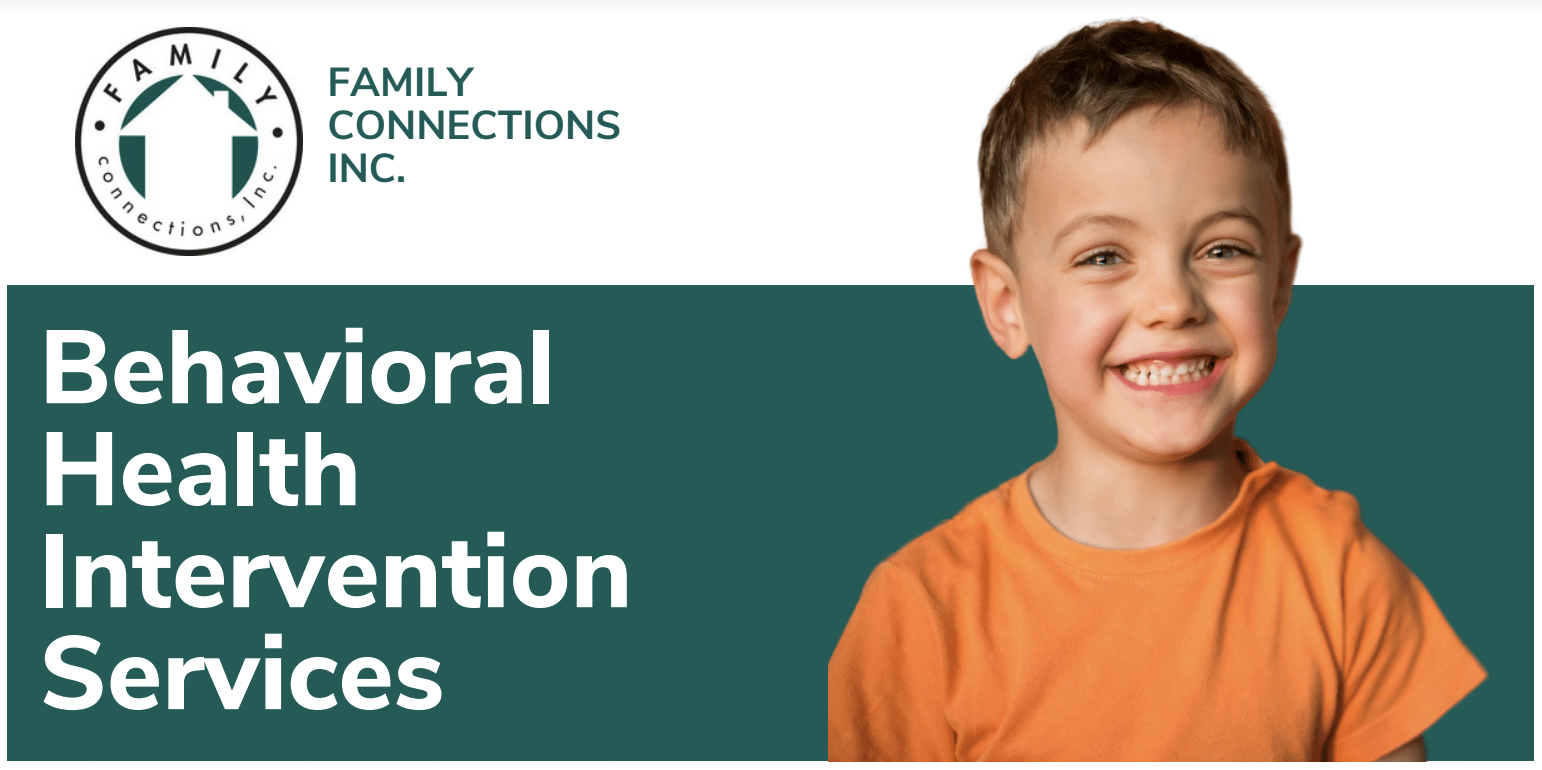Behavioral Health Intervention Services (BHIS) refer to a range of skills designed to improve the mental health and well-being of individuals. This service is available to children who are Iowa Medicaid eligible and have a diagnosed mental health condition. BHIS provides families with tools and assistance to establish a nurturing home environment while navigating emotional and behavioral challenges. The program facilitates the identification of practical solutions for addressing family conflicts, fostering collaboration among therapists, medication providers, schools, and community service providers. This method delivers support, guidance, and education in the client’s home or a secure community setting. BHIS is specifically tailored for children facing social, behavioral, or emotional hurdles, aiming to equip both individuals and their families with age-appropriate skills for managing behavior and self-control. While there are various forms of mental health treatment available, behavioral health intervention services have been proven to be highly effective in improving mental health outcomes. Below, we will explore some of the reasons why behavioral health intervention services are effective.
1. Tailored to individual needs
One of the main reasons why behavioral health intervention services are effective is that they are tailored to meet the specific needs of each individual. Mental health issues can manifest differently in people, and what works for one person may not necessarily work for another. Behavioral health interventions are designed to take into account the unique circumstances and needs of each individual, ensuring that the treatment plan addresses their specific concerns and challenges.
2. Collaboration with Therapists
Collaboration between professionals is another reason why BHIS can be an effective resource. If a client is wanting BHIS services and are already receiving services for therapy than the therapist and BHIS providers will collaborate during treatment planning. This provides the child with continuity of care between providers. The BHIS providers will work on skills that have been discussed in the therapeutic setting or skills provided by the therapist based on the need of the child. For example, a child who is experiencing social anxiety would receive education about this feeling and a safe space to discuss and process these feelings while the BHIS worker may focus on prosocial behaviors and mindfulness skills to help the child better cope
3. Evidence-based treatments
Behavioral health intervention services are based on evidence-based treatments, meaning that they have been scientifically tested and proven to be effective in treating mental health issues. These treatments are continuously evaluated and updated based on the latest research and findings, ensuring that individuals receive the most effective and up-to-date care.
4. Promotes self-awareness and coping skills
Through BHIS individuals are empowered to develop self-awareness and coping skills to manage their mental health. This can include learning techniques to cope with stress, identifying triggers for their mental health issues, and building healthy coping mechanisms. By developing these skills, individuals are better equipped to manage their mental health in the long term. Behavior Health Intervention Services provide essential support and resources for children facing isolation, teaching them important skills for communicating and connecting with others, as well as strategies for managing difficult emotions such as anger and mood swings.
5. Provides support and accountability
BHIS offers a support system for individuals struggling with mental health issues. The BHIS providers ensure a safe and non-judgmental space for individuals to share their experiences and receive support. This support can be crucial in helping individuals feel less alone and more motivated to work towards their mental health goals.
In addition, BHIS provides a sense of accountability. Knowing that there are professionals and peers supporting their journey can encourage individuals to stay committed to their treatment plan and make positive changes in their lives.








